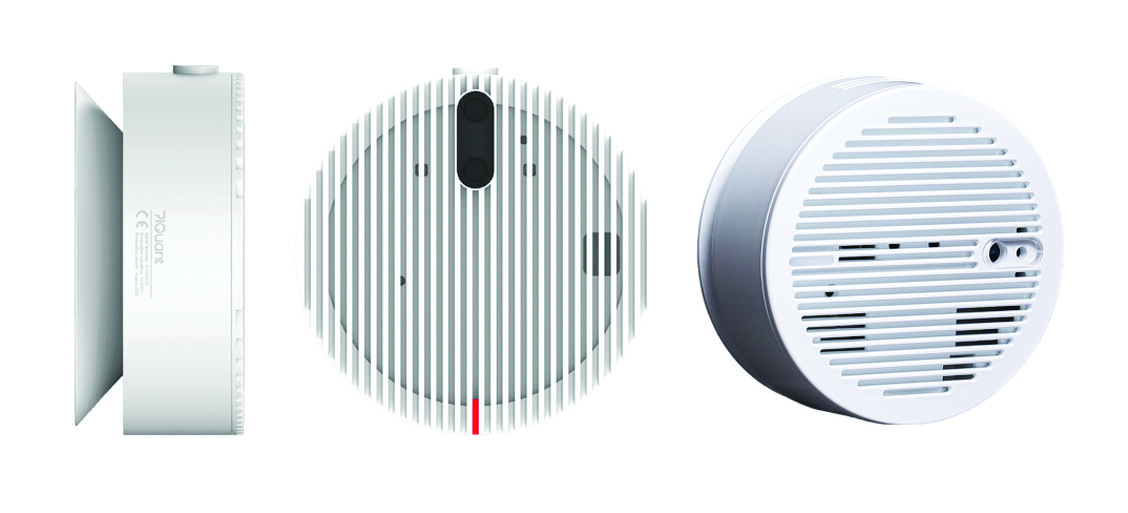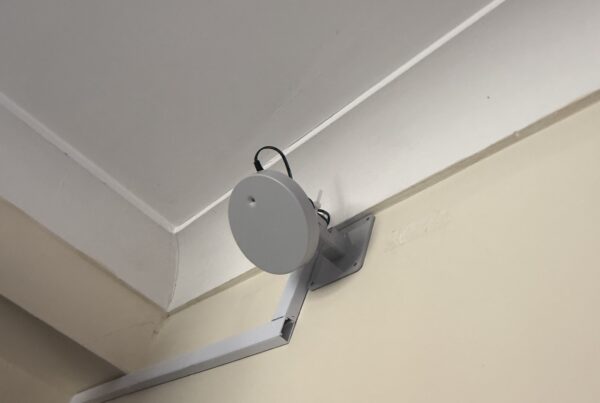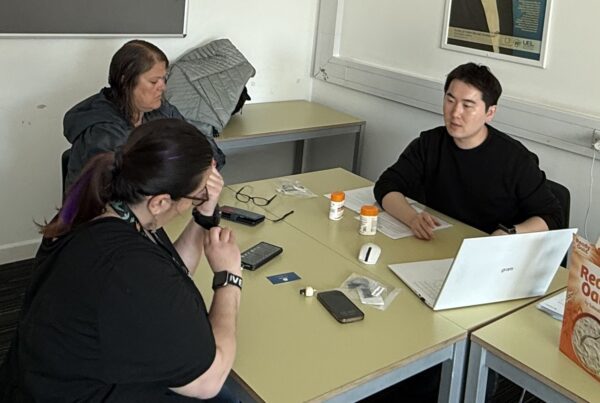
The Adult Social Care Accelerator is testing an air quality monitoring solution from South Korea in a residential care home in Havering.
The Impact of Poor Air Quality
The elderly are disproportionately affected by air pollution, largely because of pre-existing conditions which are exacerbated by poor air quality. Respiratory issues, heart health, and increased hospitalisations have all been linked to exposure to air pollution. It has also been associated with cognitive decline in older people.
However, beyond Carbon Monoxide monitors, few care homes monitor the quality of the air in their facilities.
How Monitoring Can Help
PiQuant, a South Korean startup based in Seoul, offer an air quality monitoring solution that can help care providers understand the air quality throughout their care home. The data it gathers can be used to:
- Inform behaviours. For example changing the times of the day windows are opened based on air quality levels.
- Prevent worsening of conditions. For example, prioritising rooms with better air quality (e.g. further from the road) for residents with pre-existing conditions.
- Lobby councils for changes. For example, changing road rules to prevent cars from idling outside care homes.
The Trial
The startup was selected as part of an innovation exchange programme between Thames Freeport and Seoul Digital Foundation. The Adult Social Care Accelerator connected PiQuant with Mike Armstrong, MD at Abbcross Nursing Home in Havering. As a fan of technology to create a better experience for the people under his care, Mike was keen to understand how the main road outside the care home, a busy thoroughfare on the morning and afternoon school run, was impacting the quality of the air inside the nursing home.
We were able to deploy two of PiQuant’s AirQuant sensors–one by the front door which opens onto the main road, one in the lounge where residents spend much of their time–to monitor the impact of the passing traffic on air quality in the care home.
The sensors have provided invaluable data, enabling Abbcross to make simple interventions to improve air quality for residents and staff. Mike said:
Havering Care Homes is committed to reducing its negative environmental impact. Living in London, this is not just about carbon footprint but also air and light quality. PiQuant and the Adult Social Care Accelerator have been easy to work with and very supportive. The system is simple to install, set up and then monitor your air quality. We were amazed to find out the manager’s office had the highest levels of carbon dioxide in the building, so we have now installed an air purifier to address the issue. Had it not been for this simple system, we would have never known there was an issue.
Where Next
PiQuant will be expanding its trial over the next few weeks. The results of these trials should spur other care homes to investigate their own air quality. Using data to design interventions could reduce the number of elderly people whose conditions are worsened by poor air quality, reducing care needs and hospitalisations.
About the Adult Social Care Accelerator
As our over-65 population continues to expand and more of those individuals face chronic conditions that require long-term care, the UK care system faces increased pressure. We believe that technology can help ease this crisis by helping elderly people stay independent for longer and by reducing the burden on carers.
The Adult Social Care Accelerator (ASCA) is an innovation accelerator that tests new technologies from around the world with a network of forward-thinking care providers. The Accelerator scales the most impactful solutions across the care ecosystem by connecting corporates, local authorities, and the communities we serve.



